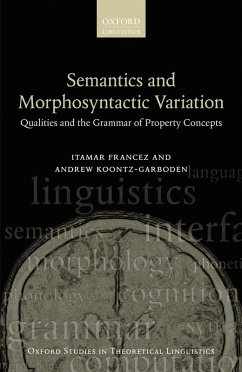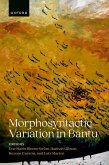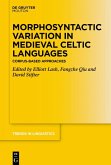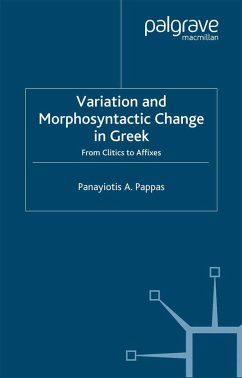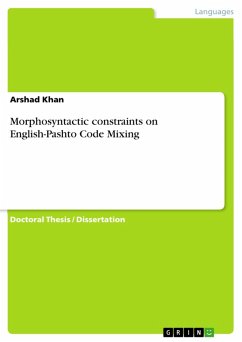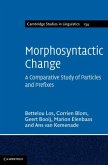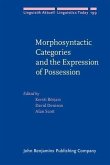This is an open access title available under the terms of a CC BY-NC-ND 4.0 International licence. It is free to read at Oxford Scholarship Online and offered as a free PDF download from OUP and selected open access locations. This book explores a key issue in linguistic theory, the systematic variation in form between semantic equivalents across languages. Two contrasting views of the role of lexical meaning in the analysis of such variation can be found in the literature: (i) uniformity, whereby lexical meaning is universal, and variation arises from idiosyncratic differences in the inventory and phonological shape of language-particular functional material, and (ii) transparency, whereby systematic variation in form arises from systematic variation in the meaning of basic lexical items. In this volume, Itamar Francez and Andrew Koontz-Garboden contrast these views as applied to the empirical domain of property concept sentences - sentences expressing adjectival predication and their translational equivalents across languages. They demonstrate that property concept sentences vary systematically between possessive and predicative form, and propose a transparentist analysis of this variation that links it to the lexical denotations of basic property concept lexemes. At the heart of the analysis are qualities: mass-like model theoretic objects that closely resemble scales. The authors contrast their transparentist analysis with uniformitarian alternatives, demonstrating its theoretical and empirical advantages. They then show that the proposed theory of qualities can account for interesting and novel observations in two central domains of grammatical theory: the theory of syntactic categories, and the theory of mass nouns. The overall results highlight the importance of the lexicon as a locus of generalizations about the limits of crosslinguistic variation. This is an open access title available under the terms of a CC BY-NC-ND 4.0 International licence. It is free to read at Oxford Scholarship Online and offered as a free PDF download from OUP and selected open access locations.
Dieser Download kann aus rechtlichen Gründen nur mit Rechnungsadresse in A, B, BG, CY, CZ, D, DK, EW, E, FIN, F, GR, HR, H, IRL, I, LT, L, LR, M, NL, PL, P, R, S, SLO, SK ausgeliefert werden.

